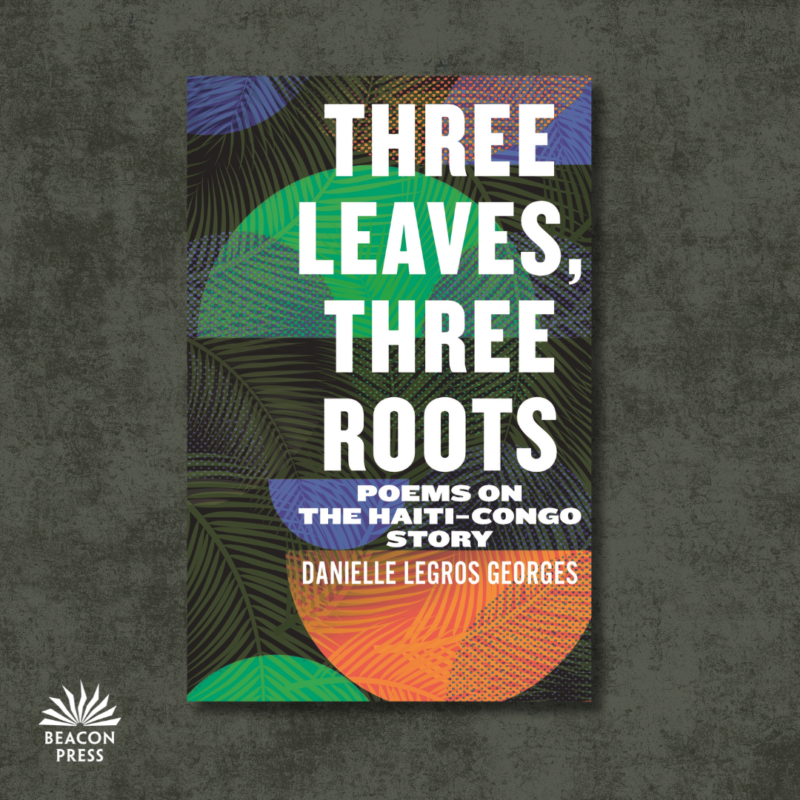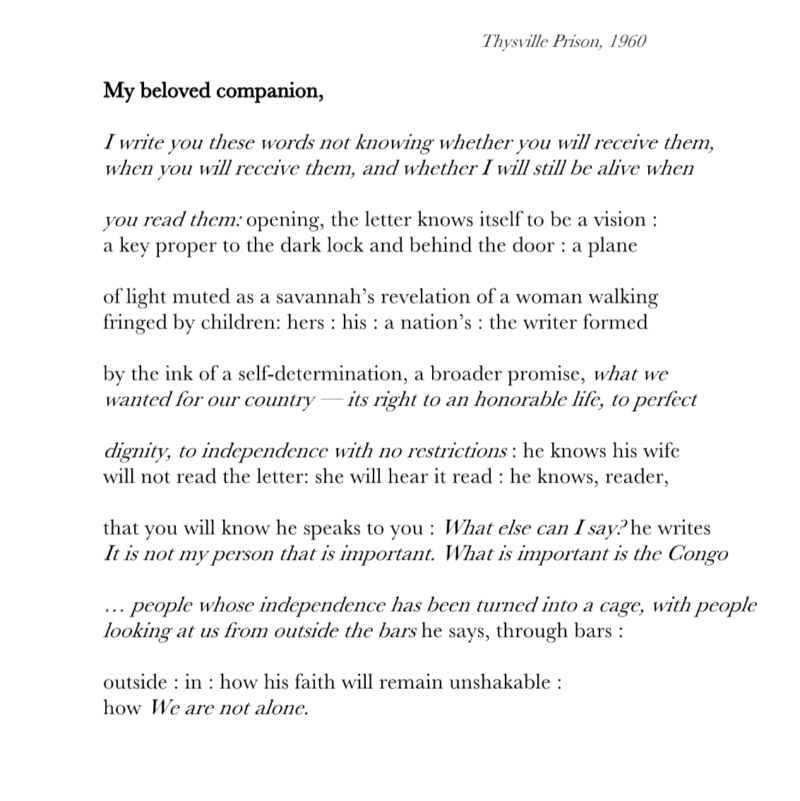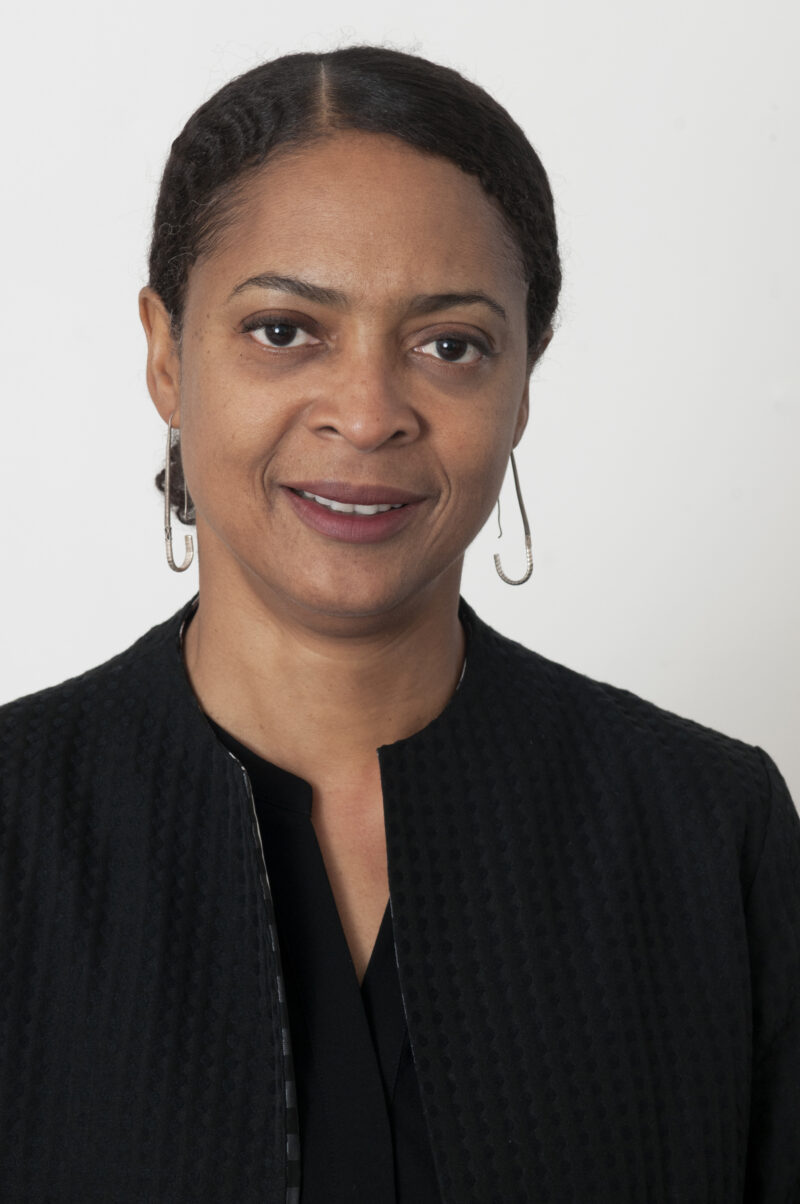When did you first encounter poetry? How did you discover that you wanted to write poems?
My first encounters with poetry occurred when I was a child, hearing nursery rhymes and songs, along with school-yard rhymes. I imagine this is true for many of us. High school was a time to articulate and release deep feelings through verse, which were (of course) restrained and refined with the support of excellent English teachers at St. Clare Girls’ High School, before college courses and my joining the Dark Room Writer’s Collective, an influential African-American writer’s group.
Do you have a writing routine? A favorite time or place to write?
I write best in the early hours of the morning. With coffee and quietude. And dawn approaching.
Where do your poems most often “come from”—an image, a sound, a phrase, an idea?
All of the above. Any of these might spark or help shake loose a poem. More specifically and with regard to content, I have certain zones of interest and concerns including Black and Haitian history and identity as a member of the Haitian diaspora in the States. I’m also interested in themes of voice, self-definition, the exploration of how ideas are expressed and disseminated, and questions of representation.
Which writers (living or dead) have influenced you the most?
My list of influential writers is long and includes thinkers found across time and continents. The poets I most admire are those from whom I learn something about the world, or about the craft of poetry. The poets I love teach me both, often elucidating things we know intrinsically but haven’t articulated, or even known we wanted to or needed to express. Early and major influencers for me have been Marlene NourbeSe Philip, Lorna Goodison, Wislawa Szymborska, Kamau Brathwaite, Gwendolyn Brooks, Aimé Césaire, Yusef Komunyakaa, Martín Espada, Marianne Moore, Harryette Mullen, Nathaniel Mackey, the writers of the Dark Room Collective, and before that, the incantatory texts of the Catholic church I attended growing up, and all kinds of music. Fiction writers, such as Jacques Stephen Alexis, Marie Chauvet, and writers of nonfiction, as well as other types of artists, have held as much sway.
What excites you most about your new collection?
Three Leaves, Three Roots: Poems on the Haiti-Congo Story is a collection grounded in personal and social histories. Between 1960 and 1975, thousands of Haitians emigrated to Congo, a fellow Black francophone nation that emerged under the revolutionary new leadership of Patrice Lumumba. These émigrés sought to escape repression in Haiti, start new lives in Africa, and participate in a decolonizing Congo. They worked there primarily as technicians and teachers. Among them were my parents. This book is meant as an artistic introduction to a little-known 20th-century Black transnational narrative—and what I call the Haiti-Congo story, which I hope reveals that movements of solidarity among people of color have always existed.


This poem was first published in Obsidian, Volume 49.1.
Italicized portions are drawn from Patrice Lumumba’s last letter to his wife Pauline Opanga Lumumba, translated from the French by Helen R. Lane in Lumumba Speaks: The Speeches and Writings of Patrice Lumumba, 1958-1961, ed. Jean Van Lierde (Boston: Little, Brown and Company, 1972).
Danielle Legros Georges is a poet, literary translator, and editor whose work has been supported by fellowships and grants from organizations including the American Antiquarian Society, the PEN/Heim Translation Fund, the Massachusetts Museum of Contemporary Art, the Boston Foundation, and the Black Metropolis Research Consortium. Appointed Boston’s Poet Laureate in 2014, she served in the role for four years. She is a Professor Emerita of Creative Writing at Lesley University. Her most recent books are Wheatley at 250: Black Women Poets Re-imagine the Verse of Phillis Wheatley Peters (Pangyrus, 2023); Blue Flare: Three Haitian Poets, an anthology of translations from the French and Haitian (Zephyr Press, 2024); and Three Leaves, Three Roots: Poems on the Haiti-Congo Story (Beacon Press, 2025).

